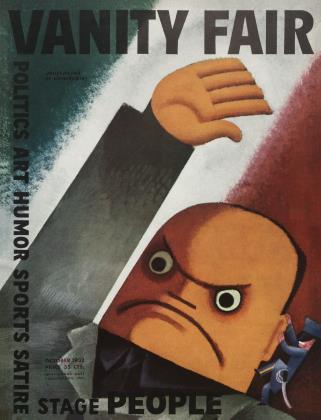Sign In to Your Account
Subscribers have complete access to the archive.
Sign In Not a Subscriber?Join Now View Full Issue
View Full Issue
Subscribers have complete access to the archive.
Sign In Not a Subscriber?Join Now